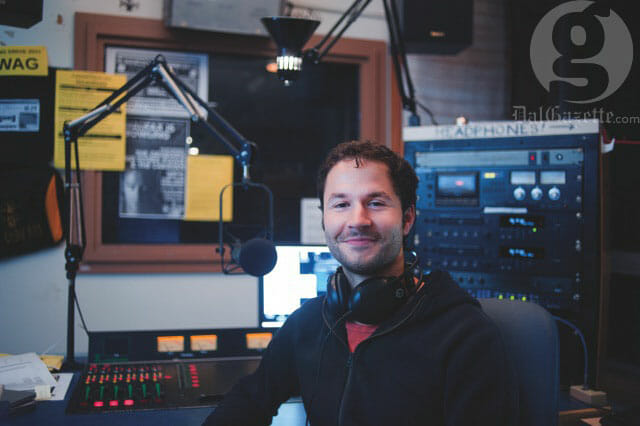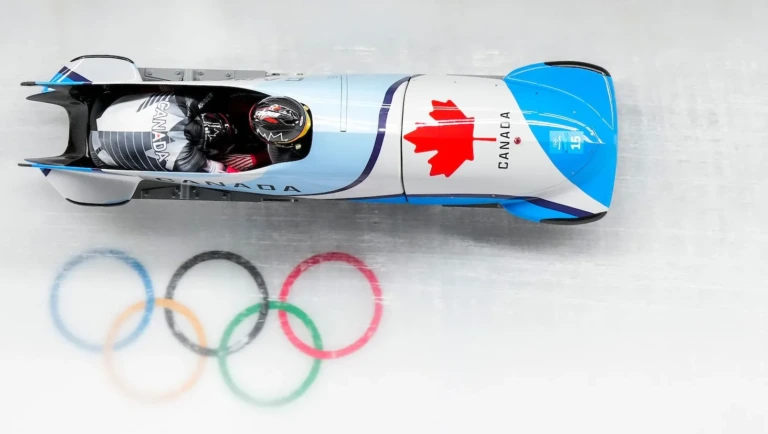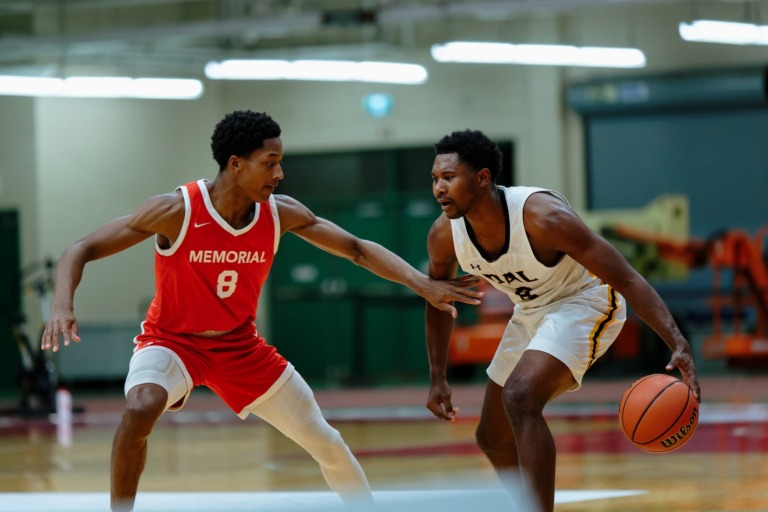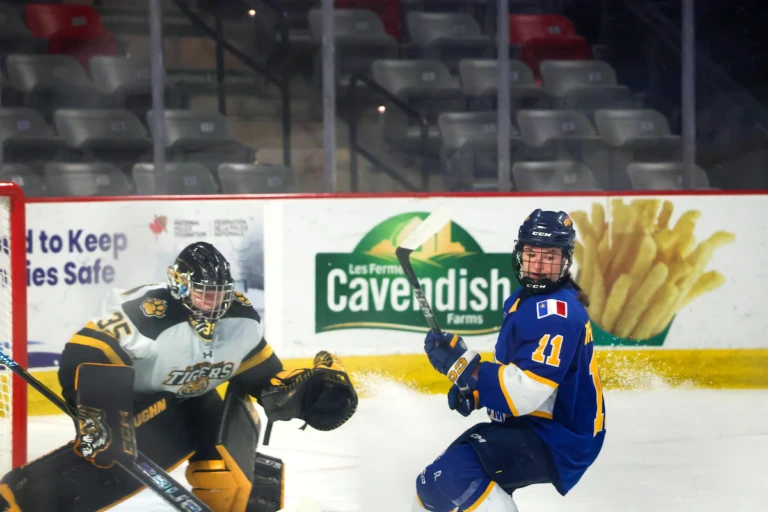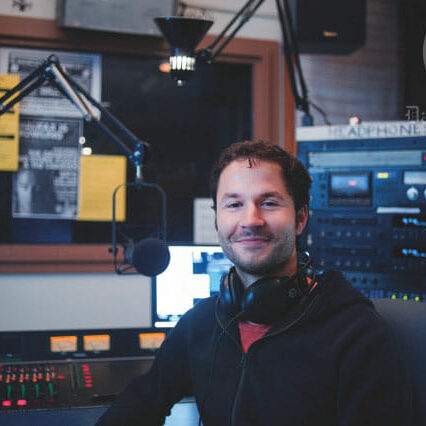
A behind the scenes look into community radio
Do you like Nickleback? Britney Spears? The Spice Girls? What else do young people listen to these days—Ricky Martin? If so, CKDU, and community radio in general, are not for you. But if you’re tired of hearing the same songs over and over (there’s only so much Ricky Martin you can take in a day), then why not switch the dial over to CKDU 88.1FM? Or better yet, why not host a show of your own?
Hosting a weekly radio show is easier than you would expect. The rules are pretty simple; the equipment is easy to use; the people, both staff and volunteers are dedicated and friendly.
When I started at Dalhousie last year, I already planned on being part of CKDU. A few years earlier I had a show on CFRE, the University of Toronto at Mississauga radio station. In Mississauga, the station was really only one room and the broadcast booth. The setup was simple because the station’s power was low and could only broadcast to the campus. Everyone else had to listen online.
That’s where I started. They were really relaxed; I showed up one day and they told me to shadow the DJ who was on air at the time. An hour later I was ready, apparently, and the next day I was hosting my very own show.
My show was called Dig on this: the radio show where I play the music I want you to hear and then tell you why to like it. It was sloppy, the production quality was low, and it was all mine.
When starting out at CKDU, I found that while some things were the same, there were many new elements I had to adapt to.
My training, while still only one day, was much more extensive. I learned how to use turntables, CD players, computer archives and even the tape decks. I learned about recording levels and mixing boards. I learned what I can and can’t play, what I can and can’t say, and when to say it. And that was it. I was good to go once again.
New station, new show, new format. I wanted to start from scratch and I did. Dig on this was dead, and Needle vs Groove was born. And that was all thanks to one section of the station that called to me: the vinyl room. For me, this is the holy grail. It really has to be seen to be appreciated. Floor to ceiling on four walls, as well as an island in the middle sporting another four racks, the vinyl room is the place to be at CKDU.
And that is how I make my show: I play records. Usually records that I have never seen or heard before. While this format keeps the show fresh and surprising, it also keeps the music unpredictable. Luckily, I have a system for choosing the music I play, and it all comes down to three basic factors.
The first is the album cover and band name. It really does say a lot about what the music will sound like. As a very general rule, bands that start with the word “the” are more likely to be heavier rock groups than bands with long, or poetic names.
The second is the label. Most labels, especially smaller ones, sign bands of a specific sound. While it’s not always the case, a quick look to see who is putting the music out will usually help me know what it might sound like.
The third is the year it was released. Music trends make the date a record was sold a solid way to narrow down the sound once more. 1970-1976: soft rock. 1977-1982: punk/heavy rock. 1982-1987: soft electro-rock. 1988-1992: hair metal. 1991-1994: grunge/punk rock, and so on. It’s not an exact science, but using these very loose guidelines has enabled me to pick out some great music in a pinch.
Really, that’s what my show, and community radio, are all about—playing music that the listeners wouldn’t get to hear anywhere else. In fact, it’s a rule. Nothing that is or has been played on commercial radio can be played on a community radio station. It’s all about the alternative. The voice of the other guy. The music of the local bands, the obscure bands, the ones who are trying, and the ones who tried and failed. Community radio gives them a voice.
And CKDU can give you a voice, too. Check out CKDU.ca to find out just how easy it is to get on the radio.

